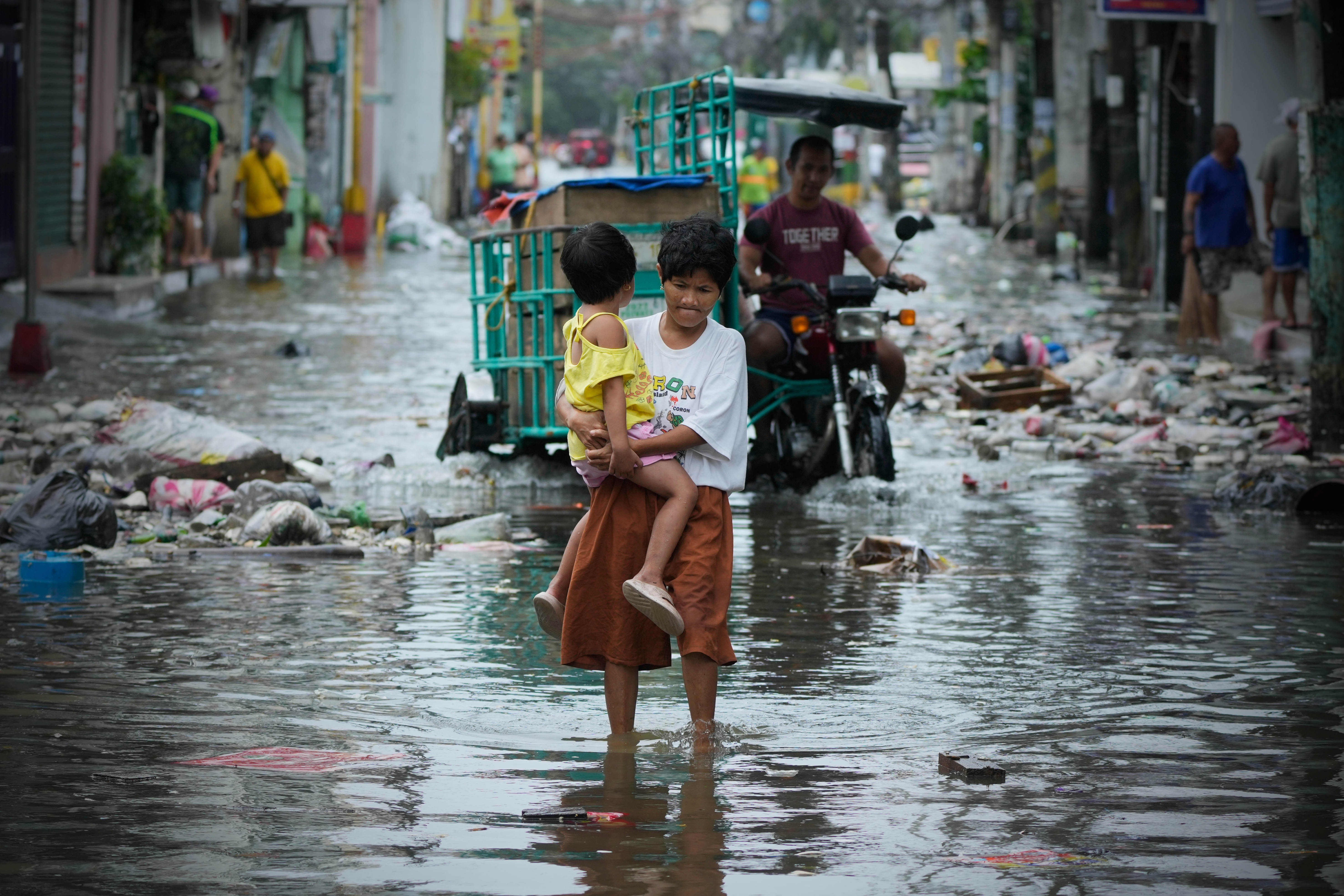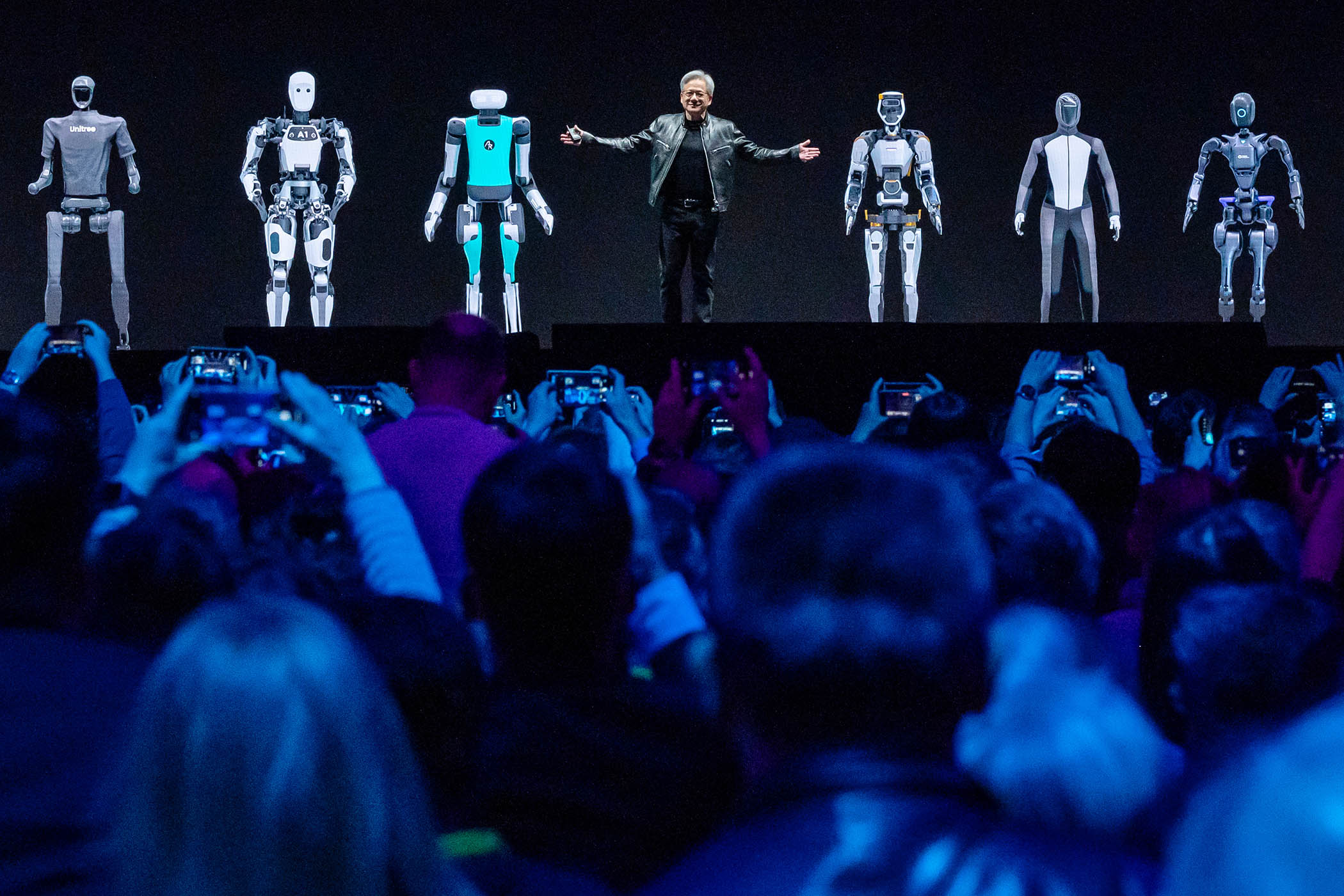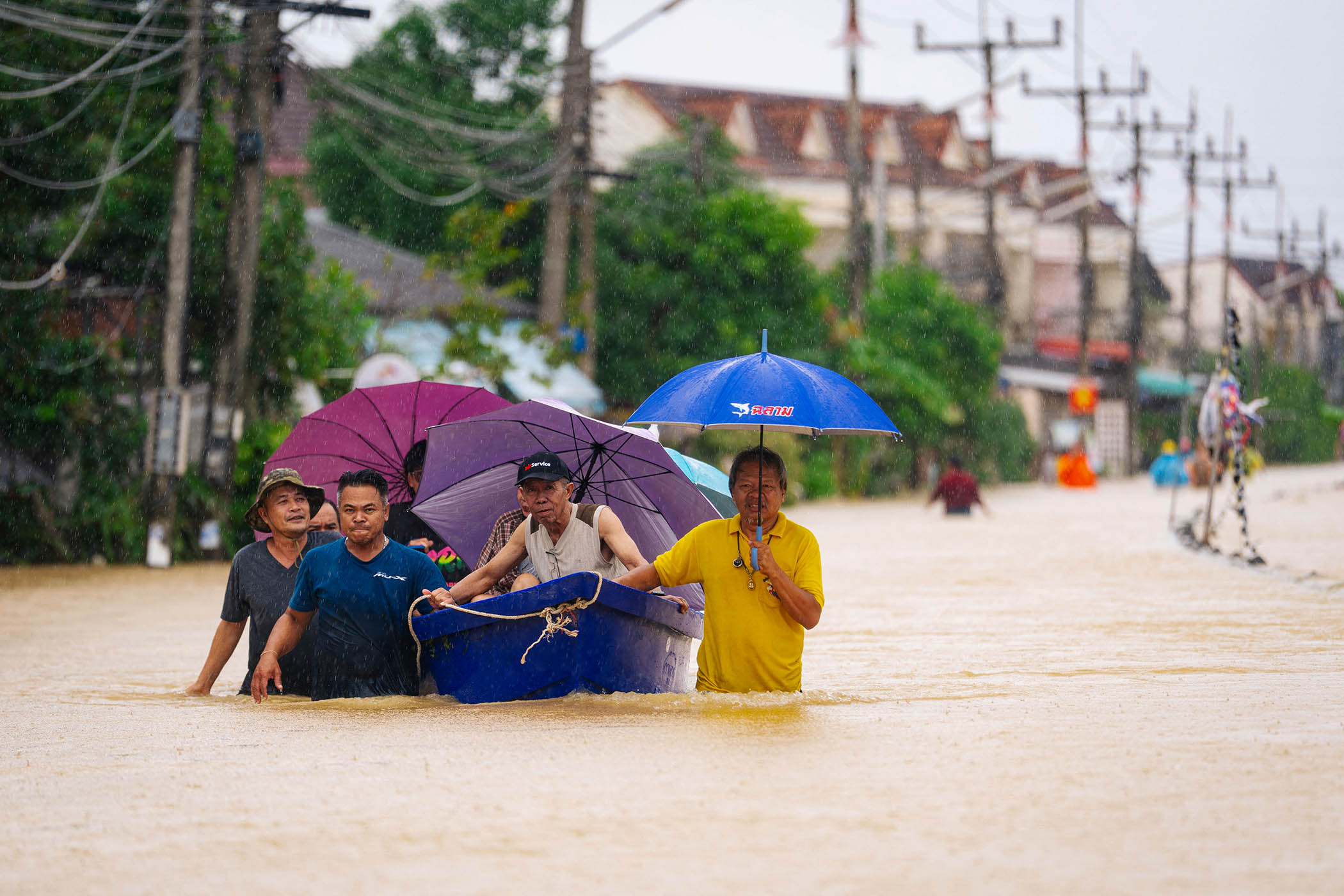A tentative plan setting out steps for the world to transition away from fossil fuels was announced at UN climate talks yesterday – but only after language relating to oil, coal and gas was stripped out of the official agreement.
The talks in the Amazonian city of Belém spilled into an extra day and came close to collapse after countries led by China, Russia and Saudi Arabia refused to agree language on fossil fuels.
Ani Dasgupta, president of the World Resources Institute thinktank, said there would be disappointment over negotiators’ failure to agree on a roadmap to transition away from fossil fuels. “More than 80 countries stood their ground for a fair and equitable shift off fossil fuels,” he said, “but intense lobbying from a few petrostates weakened the deal.”
In a move that was welcomed by campaigners, André Corrêa do Lago, president of Cop30, announced the creation of two “roadmaps” – one on halting and reversing deforestation and the other on “transitioning away from fossil fuels in a just, orderly, and equitable manner”. But this announcement was made unilaterally by Brazil, without formal agreement from other countries.
Do Lago said the roadmaps would be “led by science”, and that dialogues involving both oil-producing and consuming countries would be created. But these will happen outside formal UN negotiations. The US, led by a president sceptical of the climate crisis and seeking to expand fossil fuel exports, is likely to attempt to block any global agreement on a phaseout.
The final Cop30 deal text, published yesterday, reiterates efforts to limit the increase in the global average temperature to 1.5C above the pre-industrial era. This is an important goal for limiting the harmful effects of the climate emergency but an increasingly faint prospect as countries continue burning fossil fuels.
Acknowledging this dimming of hope, the text refers to limiting the scale and duration of an “overshoot” of the 1.5C threshold.
The text makes no direct reference to fossil fuels, but says countries’ action on climate change should take into account the “United Arab Emirates consensus” – a veiled reference to phasing out hydrocarbon use.
At Cop28 in Dubai, countries agreed on “transitioning away from fossil fuels in energy systems, in a just, orderly and equitable manner”. The decision was not binding on countries but sent a signal that the world acknowledged the central role of burning oil, coal and gas in driving climate change. A roadmap agreed this year would have built on that.
‘More than 80 countries stood their ground for a fair and equitable shift’
‘More than 80 countries stood their ground for a fair and equitable shift’
Ani Dasgupta
Brazil, which holds the Cop presidency this year, published a draft text last Tuesday that referred to a roadmap to phasing out fossil fuels. But by Friday a new draft text appeared that excised all mention of a roadmap or of fossil fuels. Wopke Hoekstra, the EU’s climate commissioner, said in response: “Under no circumstances are we going to accept this text.”
Newsletters
Choose the newsletters you want to receive
View more
For information about how The Observer protects your data, read our Privacy Policy
Hoekstra said countries needed to make sure “the shift from fossil fuels to clean energy is real and in the text”. The EU, UK and other countries including Pacific island states had pushed for a roadmap on fossil fuels, an outcome fiercely opposed by petrostates.
The breakthrough in Dubai was the first, and so far last time that fossil fuels have been mentioned in the final agreement of UN climate talks. .
Juan Carlos Monterrey Gómez, a negotiator for Panama, said this week the talks risked becoming a “clown show” for the repeated failure to name the main cause of climate change.
UN climate talks are always a logistical challenge for the host country but this year saw a series of mishaps that might have been rejected by a screenwriter as too neat a metaphor.
On Thursday a fire broke out in the blue zone, the main venue for negotiations and also the place where countries have pavilions that showcase their efforts to tackle climate change.
The UN said the fire was contained within six minutes and 13 people were treated for smoke inhalation. But when negotiations resumed, pavilions used by African countries were a charred mess.
In the first week of talks, protesters stormed the entrance to the venue, scuffling with security guards in a demonstration against oil exploration and logging on land where Indigenous communities live.
Heavy rain also led to flooding at entrances to the convention centre, and produced such a din that at one stage a UN official said he could not hear questions at a press conference.
The agreement text calls for the tripling of adaptation finance – helping countries deal with the impacts of a hotter world – from 2025 levels by 2035. This is weaker than the draft on Friday, which called for a tripling by 2030. The priorities for adaptation vary by region but tend to focus on maintaining food security and, especially in the Middle East and south Asia, water supply.
In a break with tradition, next year’s Cop will in effect be split between two countries. Turkey will be the host country. Australia, which made a rival bid, is expected to be given a role running negotiations – effectively as junior partner. It doesn’t appear a recipe for an easier round of negotiations.
Photograph by Aaron Favila/AP Photo



